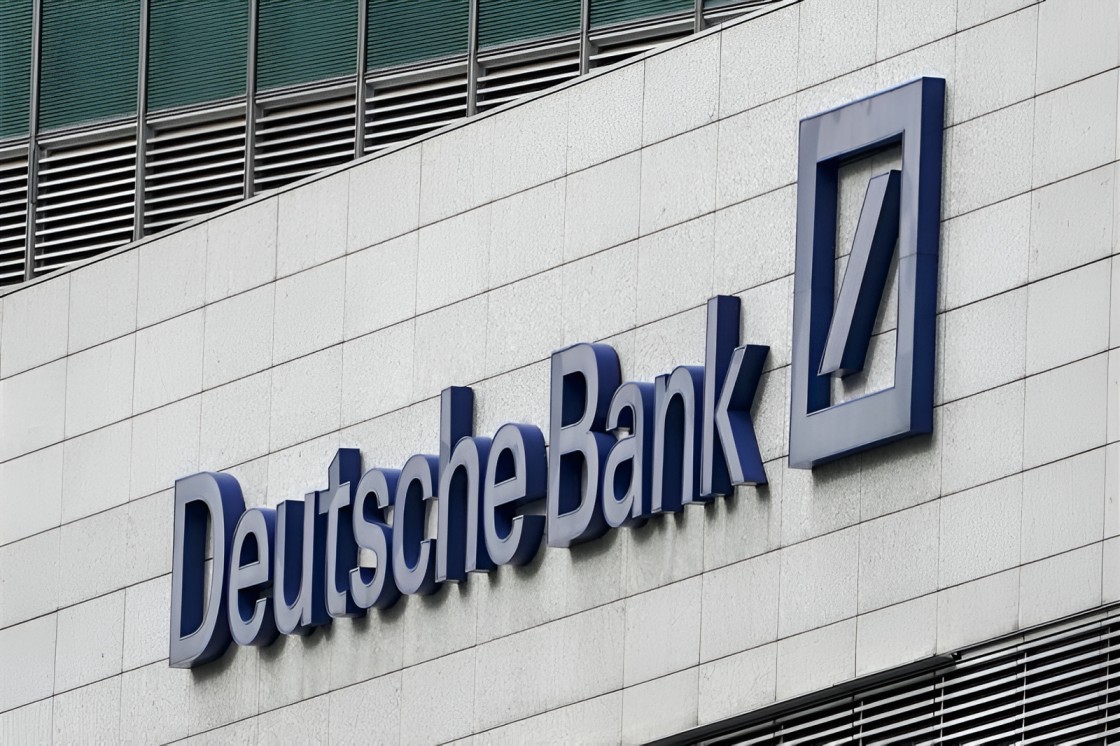Germany saw a sharper-than-anticipated increase in unemployment in May, according to data released by the labour office on Wednesday, adding to the challenges facing the new government as it tries to revive Europe’s largest economy from a prolonged slump.
The seasonally adjusted number of people without jobs rose by 34,000, reaching a total of 2.96 million. This figure significantly exceeded the 10,000-increase forecast by analysts in a Reuters poll.
The jobless count is now edging closer to the 3 million threshold, something Germany hasn’t seen in nearly ten years.
German Labour Minister Baerbel Bas warned that the latest job market data highlights the urgent need for policies that can stimulate economic growth.
Despite ongoing labour shortages, the sluggish economy has taken a toll on employment, intensifying the pressure on Chancellor Friedrich Merz, who has pledged to steer the country out of a two-year economic downturn.
That effort now faces a fresh challenge from new tariffs announced by U.S. President Donald Trump, which could significantly weaken Germany’s recovery prospects, potentially pushing the country into its third consecutive year of recession, an unprecedented event in its post-war history.
Still, there is a glimmer of hope in the services sector, where hiring plans remain optimistic.
Deutsche Bank economist Marc Schattenberg noted that if the trade dispute between the U.S. and the EU is resolved soon, Germany could see modest economic growth this year, which would help boost the labour market.
Germany’s seasonally adjusted unemployment rate held steady at 6.3% in May, matching analyst expectations from a Reuters poll.
Apart from the pandemic period, this marks the highest jobless rate since December 2015.
Pantheon Macroeconomics predicts that the unemployment rate could edge closer to 6.5% in the coming months.
"The labour market isn’t receiving the momentum it needs for a sustained recovery," said labour office head Andrea Nahles, adding that unemployment is likely to continue rising through the summer.
The labour office also reported 634,000 job vacancies in May, down by 67,000 compared to the same month last year, indicating a decline in demand for labour.

